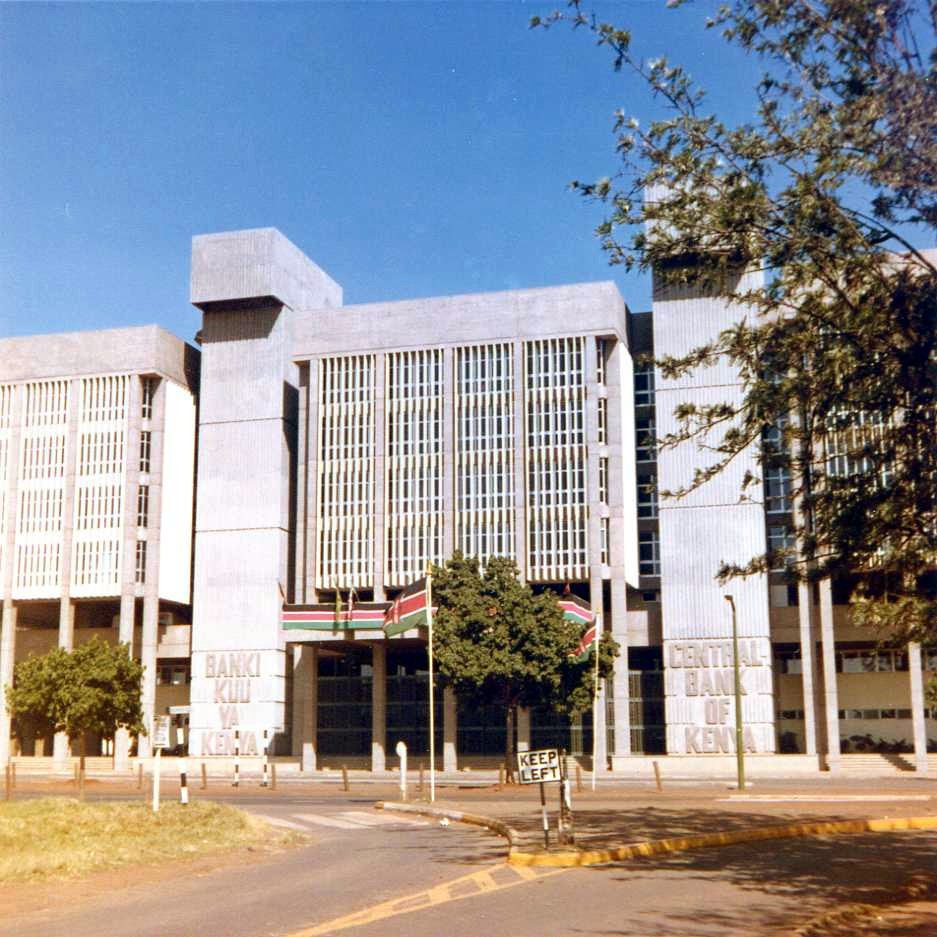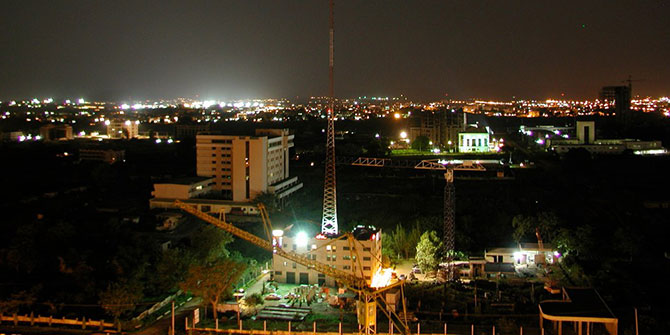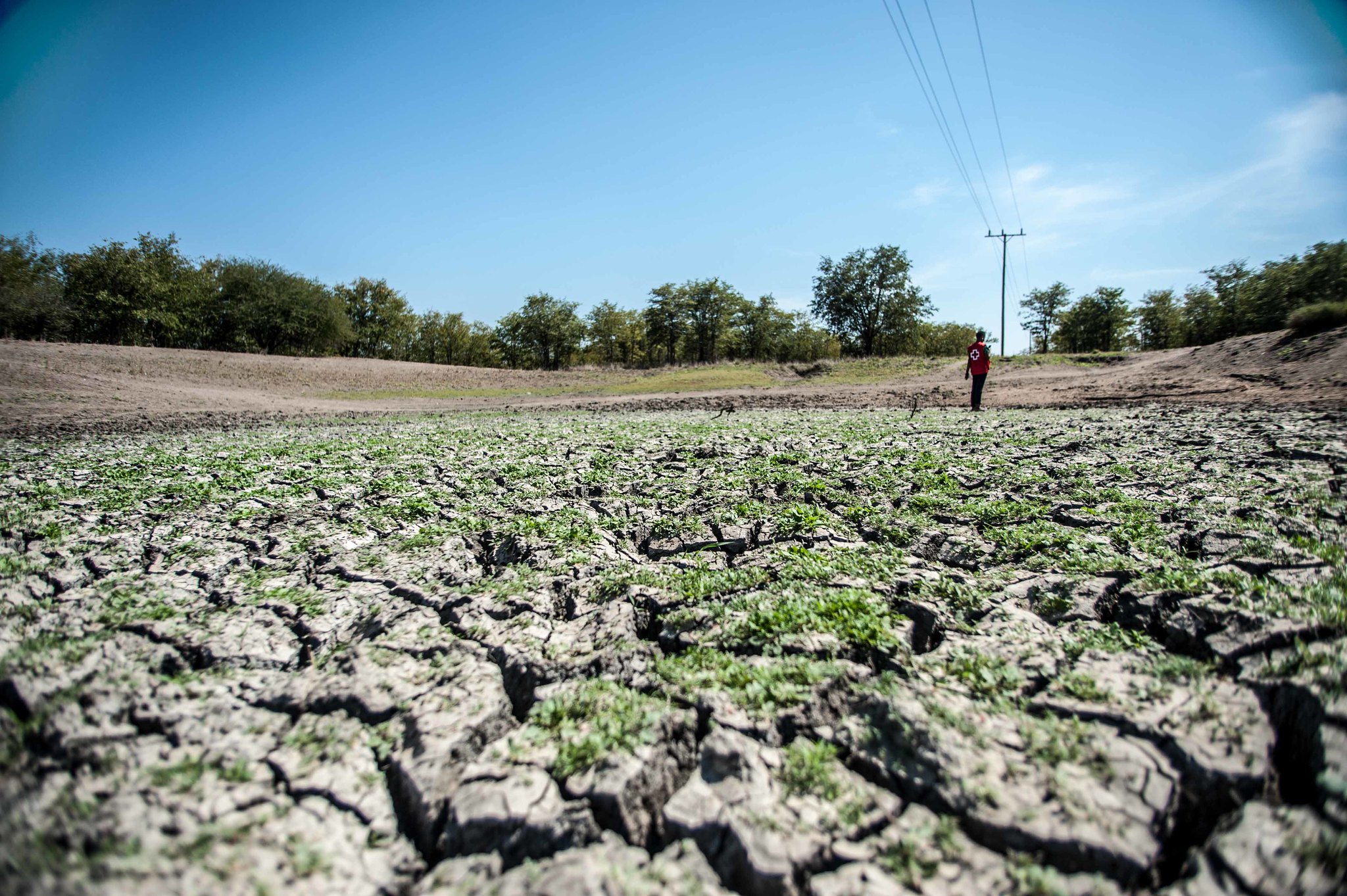LSE’s Juergen Braunstein assesses the implications of the trend of direct investment of state-owned investment funds and how this relates to the infrastructure financing needs of sub-Saharan Africa.
As of 2014 global Sovereign Wealth Fund (SWFs) assets under management are an estimated US$ 6.5 trillion. Due to their deep pockets and a long-term investment horizon, SWFs are ideal financiers for long term and capital intensive infrastructure projects.
It is no surprise that this was a talking point at the 2014 UNCTAD World Investment Forum biennial meeting which brought together more than 3000 investment experts, including Ministers of Finance, representatives from international investment agencies, sovereign investors, chief executives of multinational corporations, international organisations and academia.
Emerging trends of direct investment by Sovereign Wealth Funds (SWFs) – state owned investment funds and infrastructure financing in sub-Saharan Africa was the point under discussion. The need for financing infrastructure combined with the search for higher yields and diversification among SWFs leads to the emergence of new forms of co-investments and partnerships in the near future.
So far the investment potential of SWFs for financing infrastructure development in sub-Saharan Africa has remained largely unexploited. By only allocating about 1.3% of their total assets SWFs have the potential to bridge Africa’s infrastructure financing gap which is approximately US$90 billion per year. SWFs have the potential to become important players in the financing of this gap in the coming years.
At the SWFs Roundtable at the 2014 World Investment Forum (WIF), representatives from a number of SWFs highlighted their interest to increase their exposure in sub-Saharan Africa. This is partly because of economic growth and political stability on the continent. Booming economies, such as Nigeria with growth rates of above 6%, offer SWFs the opportunity for higher yields and diversification. Experts note that African countries are expected to become one of most promising investment destinations for large institutional investors, such as SWFs, over the next few years. Finding good infrastructure deals,with precedents and in stable predictable policyenvironments, are specifically attractive for SWFs.
However market conditions in sub-Saharan Africa differ from those in Europe and in the US. For example, equity markets are shallow, capital markets lack size as well as liquidity, and debt markets are under-developed. As a result of this, a significant part of capital flows into Africa takes the form of direct investments.
In recent years SWFs have already started deepening their investment exposure to sub-Saharan Africa. Thus far they have co-invested or invested in large publicly-listed companies operating in extractive sectors, such as mining or hydrocarbon (see table 1).
In the near future service as well as consumer sectors will grow in importance. But the continent’s infrastructure sectors are the sectors, which are critically in need of investment.
According to a representative from a large institutional investor, making direct deals in Africa continues to be difficult. Investors need to have local partners, with expertise or who are willing to share risks. As such, SWFs need to link up with local entities, or specialists with local expertise. Alternatively they can also do this by themselves; one way of addressing this is by opening satellite offices. For example, Qatar Diar – Qatar Investment Authority’s real estate & infrastructure arm – has created satellite offices in Sudan and Mauritania. Satellite offices of SWFs search for local deals and co-ordinate investments.
Encouraged by the WIF, the continent’s political leaders and policy-makers are increasingly aware of governing investment inflows, and channeling capital into projects, which are important for a country’s development (eg infrastructure).
Over the last decade more and more sub-Saharan African countries have set up their own SWFs. For example in 2012 Angola, Ghana, and Nigeria created SWFs, with Angola and Nigeria targeting infrastructure projects. The Tanzanian government has also announced plans to create a SWF to manage the country’s revenues from new gas and oil discoveries. However, compared to their SWF peers in Asia, Europe or Middle East, African SWFs remain small in terms of their assets under management (see table 2). Therefore, African economies are expected to increasingly leverage domestic investments by joining up with foreign investors, including cash-rich SWFs, or Development Banks.
 Co-investments can also refer to the joining up of SWFs with Development Finance Corporations or Development Banks, such as the International Finance Corporation, the African Development Bank or the Islamic Development Bank.
Co-investments can also refer to the joining up of SWFs with Development Finance Corporations or Development Banks, such as the International Finance Corporation, the African Development Bank or the Islamic Development Bank.
For example, in 2014 the Islamic Development Bank established a US$2 billion infrastructure fund in corporation with Brunei, Bahrain and Saudi Arabia for member countries with infrastructure financing needs, such as Nigeria.
Co-investments, where local and regional partners using their own money signals credibility for foreign cash rich institutional investors, notably SWFs. Showing willingness to share risks is an important step for attracting SWFs in the financing of long-term capital intensive infrastructure projects.
If sub-Saharan African countries remain politically stable, there will be a rise in the interaction between SWFs and stakeholders in the region.
Juergen Braunstein is a research student at LSE.







